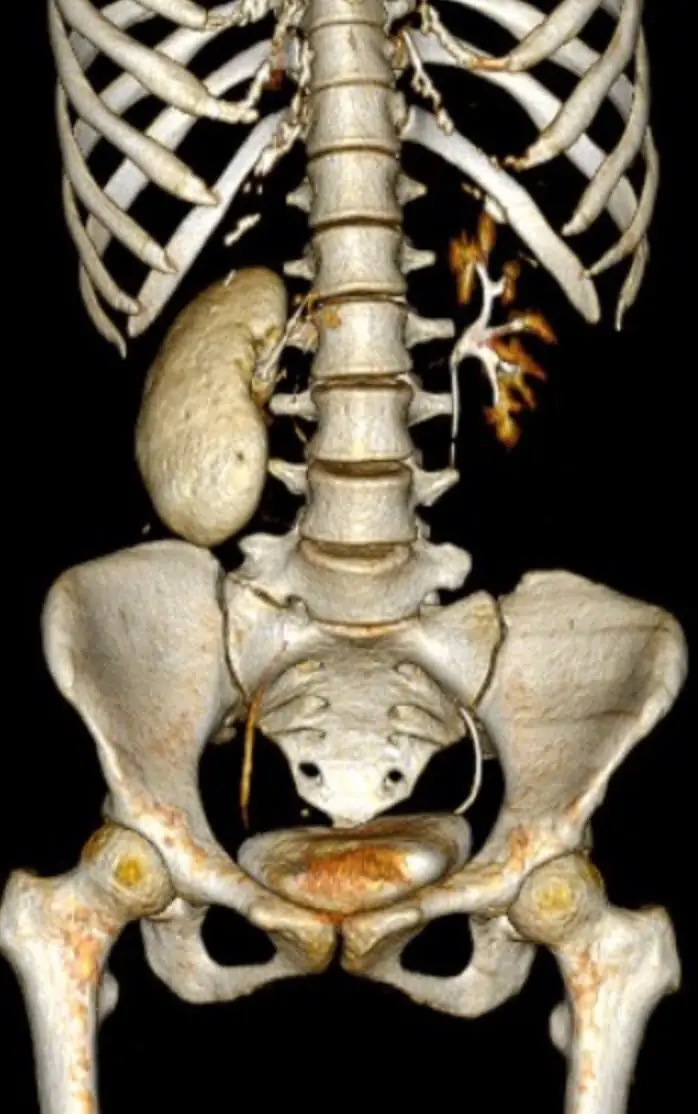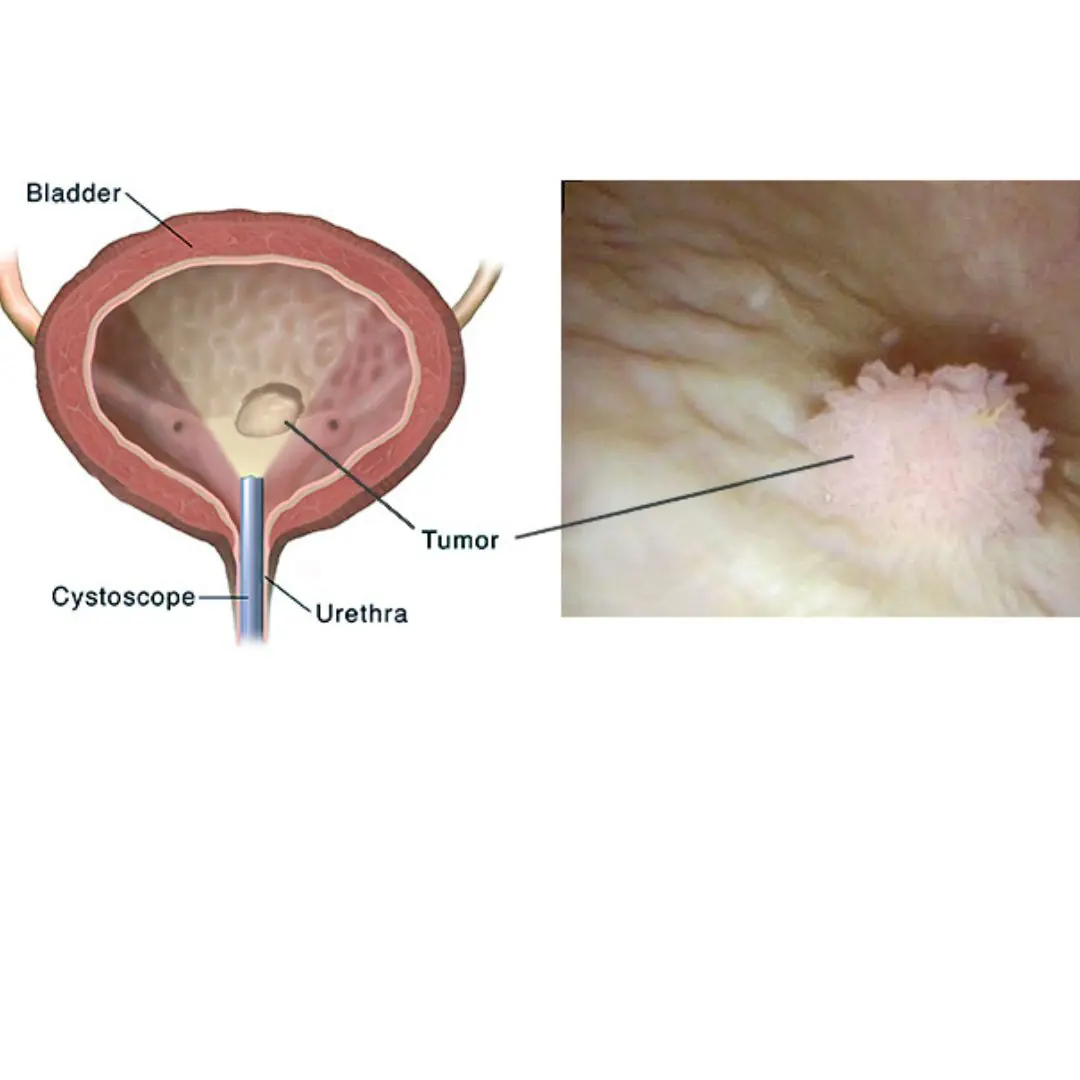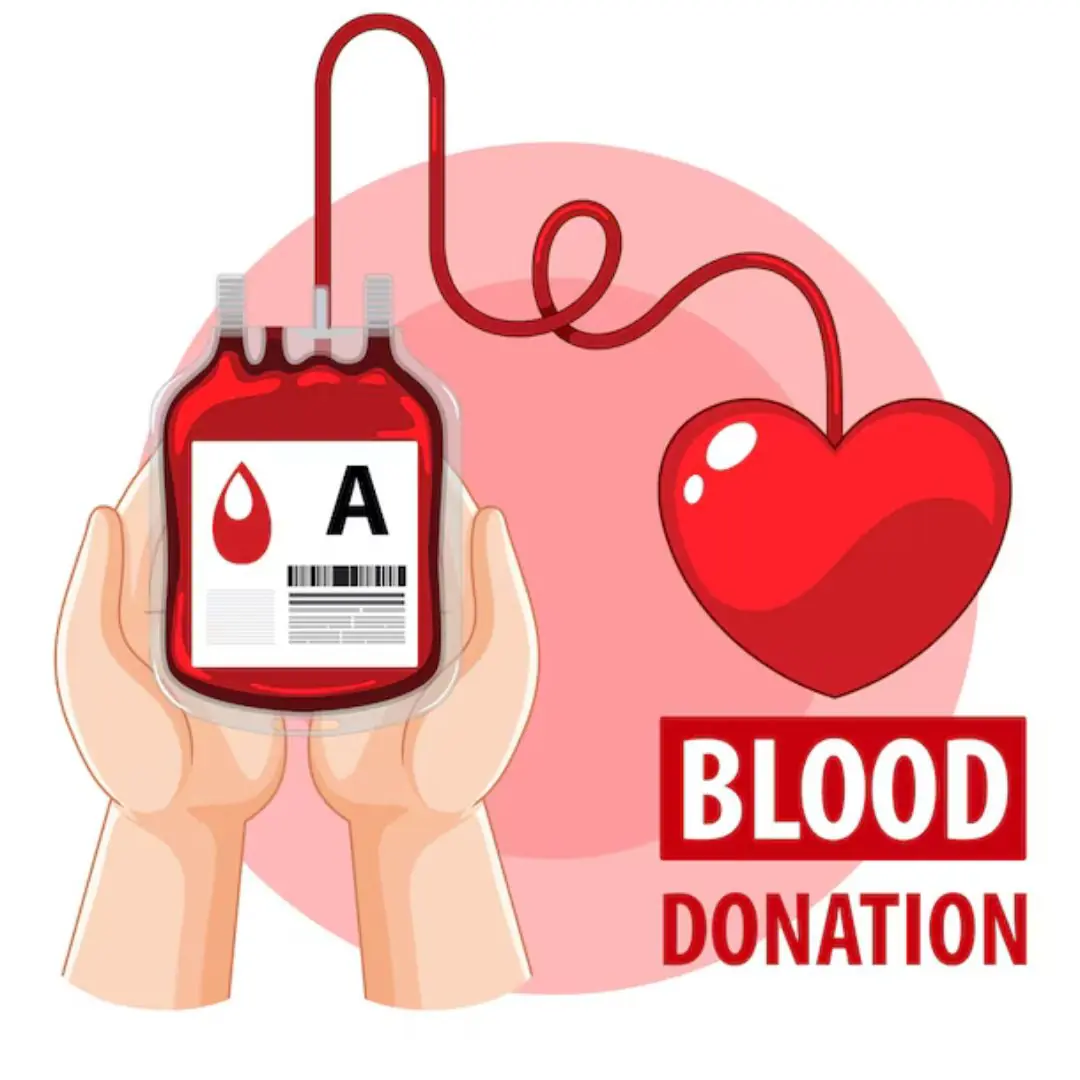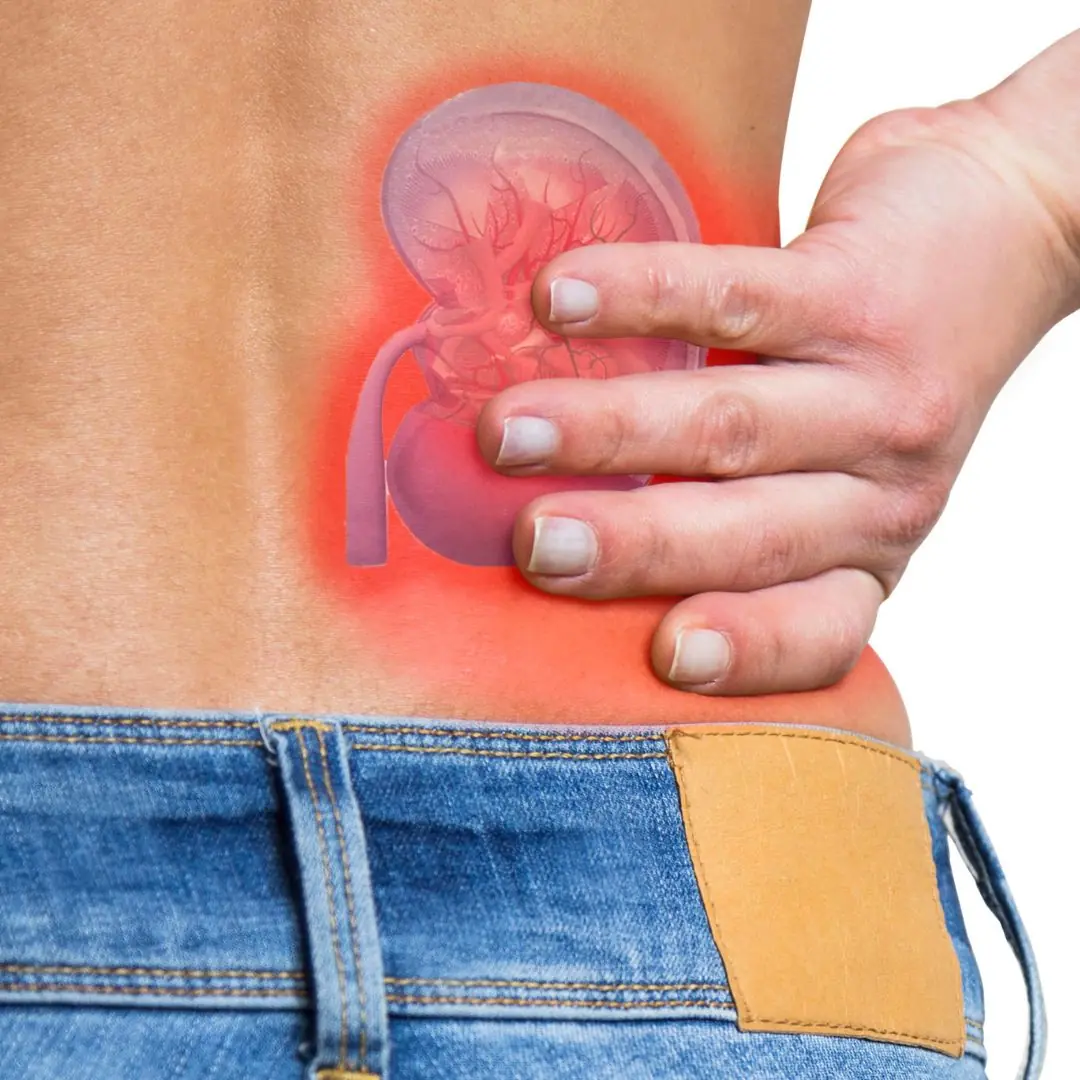
5 signs of the feet
Many individuals who have abnormal blood sugar levels are unaware of the warning signs that their bodies are sending them.
They may already be experiencing issues by the time they become aware that they have diabetes.
While some people fail to appropriately manage their blood sugar after receiving a diagnosis, which can result in hazardous complications, many people disregard abnormal blood sugar levels and avoid medical treatment.
Diabetes is a long-term condition. A brief spike in blood sugar might not be harmful right away, but persistently elevated blood sugar levels over months or years can seriously injure the body. Complications from diabetes are the most terrifying because once important organs are destroyed, they cannot be repaired. Blindness, heart problems, or even limb amputations are common among diabetic people.

Thankfully, the feet are frequently thought of as a “blood sugar meter.” The feet are among the first to alert when blood sugar levels are not properly managed.
The following five odd foot symptoms could be signs of high blood sugar that need to be treated right away:
This numbness can get worse if untreated, giving the impression that the feet are no longer a part of the body.
Patients may also become less sensitive to pain and temperature. They may therefore be oblivious to extremely hot water, which raises the possibility of burns when soaking their feet.
Leg Cramps
Blood arteries can be seriously harmed by high blood sugar. Within a year or two, poorly managed diabetes can result in arteriosclerosis, which narrows blood vessels and causes plaque accumulation.
Patients may have frequent leg cramps when the blood arteries in their legs narrow. The issue worsens at night, particularly in colder climates, when blood vessels constrict more, aggravating oxygen shortage and ischemia (decreased blood supply).
People with diabetes frequently have itching feet, which they wrongly think is eczema. Even after seeing several dermatologists and taking different anti-itch drugs, their problems might not go away. The true cause is inadequate blood sugar regulation.
Furthermore, aberrant sensations can result from nerve damage brought on by high blood sugar, and skin alterations brought on by malfunctioning sweat and sebaceous glands can exacerbate itching.
As was already noted, diabetics have a decreased sensitivity to temperature, making them more vulnerable to foot injury. They could sustain burns without being aware of it.
This is due to the fact that diabetes impairs immunity, which permits germs to grow on the wound. High blood sugar also destroys blood vessels, which lowers blood flow and hinders the healing process even more.
Dark patches or pigmentation on the lower legs are common in diabetics. Scars from prior blisters or skin infections are frequently to blame for this.
Conclusion:
It’s critical to monitor your blood sugar levels and get medical help right away if you regularly have these odd foot sensations. Improving quality of life and preventing serious complications are two benefits of early diabetes testing and treatment.
News in the same category


Can overly hot baths harm your heart and circulation?

7 signs of brain c.a.ncer that are easily confused with other diseases

4 Things to Avoid After 5 PM to Lower Your Risk of Stro.ke

Bladder Ca.ncer: Symptoms You Shouldn’t Ignore

The Surprising Benefits of Donating Bl.o.od

5 types of vegetables and fruits help cool the liver and effectively lower liver enzymes

Woman Sudden Kidney Failure After Meal: Doctor Says “This Vegetable Is Poisonous… You Shouldn’t Eat It”

3 Critical Mistakes You Must Never Make with a Stro.ke Victim — Regret Won’t Undo the Damage

Shocking Truth: Black Garlic Isn’t for Everyone — 5 Types of People Who Should Avoid or Limit It Immediately

5 Early Warning Signs Your Body May Be Signaling Can.cer — See a Doctor Before It’s Too Late

Who should not drink soy milk? 6 things to remember

Understanding Vestibular Disorders: Causes, Symptoms, and How They're Treated

Symptoms of end stage kidney can,cer

4 best vegetables to help prevent canc.er

This fruit is extremely high in starch but helps reduce blood sugar and prevent 5 types of can.cer

These 3 “Frugal” Habits Are Actually Selling Out Your Health

Types of cooking oils that are good for the heart

When Your Li.ver Is “Drenched” in Fat, Your Body Sends 5 Nighttime Warnings

Man Diagnosed with Kid.ney Failure from 3 "Tasty" Foods
News Post

The Most Nutritious Part of the Chicken—“Pricier than Gold” Yet Often Thrown Away by Home Cooks

Doctor Urges 4 Actions to Protect Your Body’s "Blo.od Filter"

6 Smart Tips for Choosing Quality Honey Sellers Don’t Want You to Know

Can overly hot baths harm your heart and circulation?

7 signs of brain c.a.ncer that are easily confused with other diseases

4 Things to Avoid After 5 PM to Lower Your Risk of Stro.ke

Doctors Warn: This Common Way of Eating Boiled Eggs Can Clog Your Arteries

Blanch Bones First or Simmer Directly?

2 Common Vegetables That Can Harbor Parasites

The 'Vitamin C King' of the Vegetable World

Avoid Swimming If You Spot 'Square Waves'

3 Green Vegetables Called the “King” of Sto.mach Protection

Why You Should Not Bring Seeds on a Plane: A Detailed Explanation

Bladder Ca.ncer: Symptoms You Shouldn’t Ignore

4 Healing Drinks to Prevent and Dissolve Kidney Stones

10 Powerful Reasons a Simple Smile Can Change Your Life

The Surprising Benefits of Donating Bl.o.od

5 types of vegetables and fruits help cool the liver and effectively lower liver enzymes

Top vegetable to help reduce visceral fat extremely effectively, nutritionist reveals 4 more easy ways to lose weight
